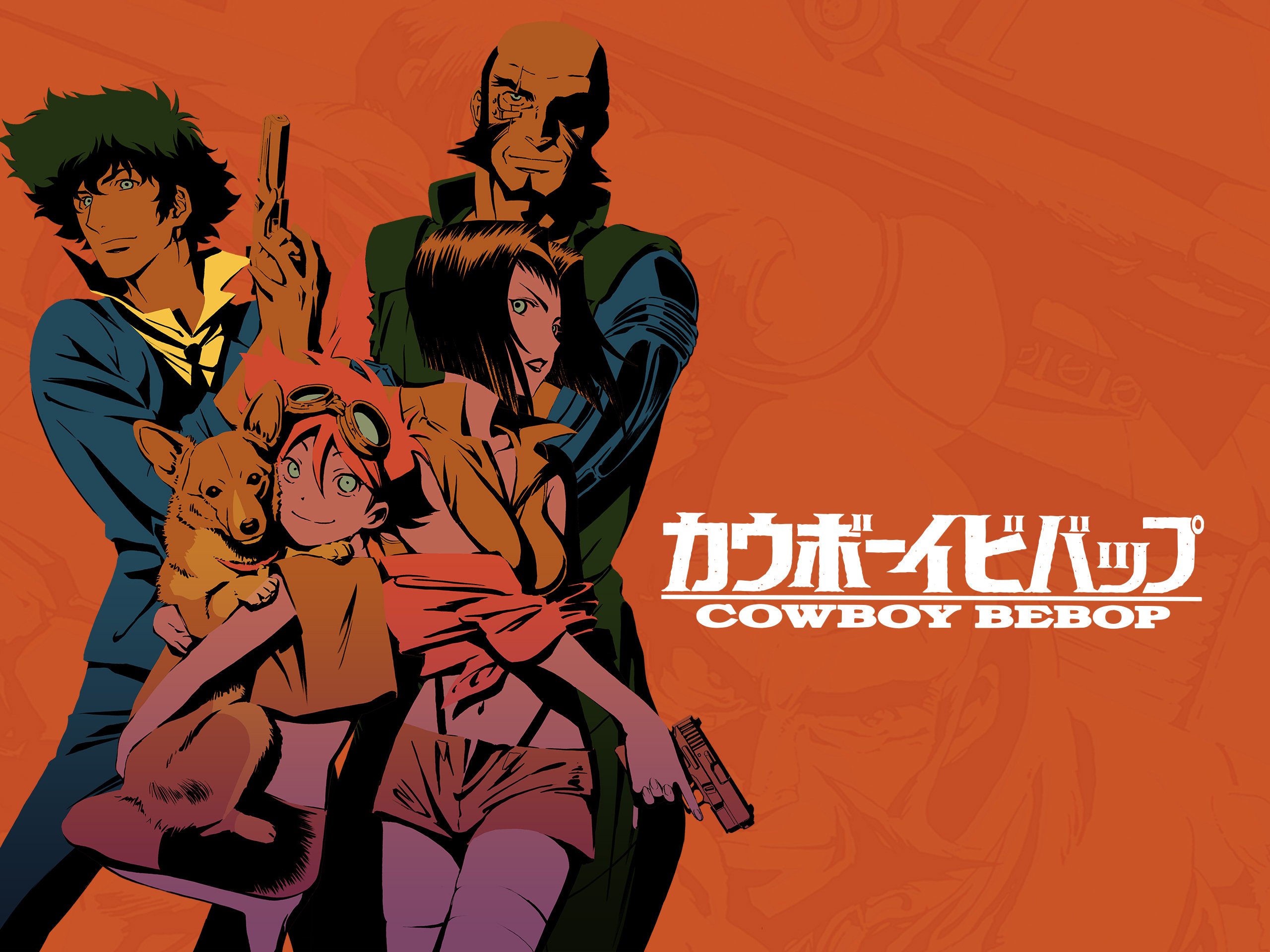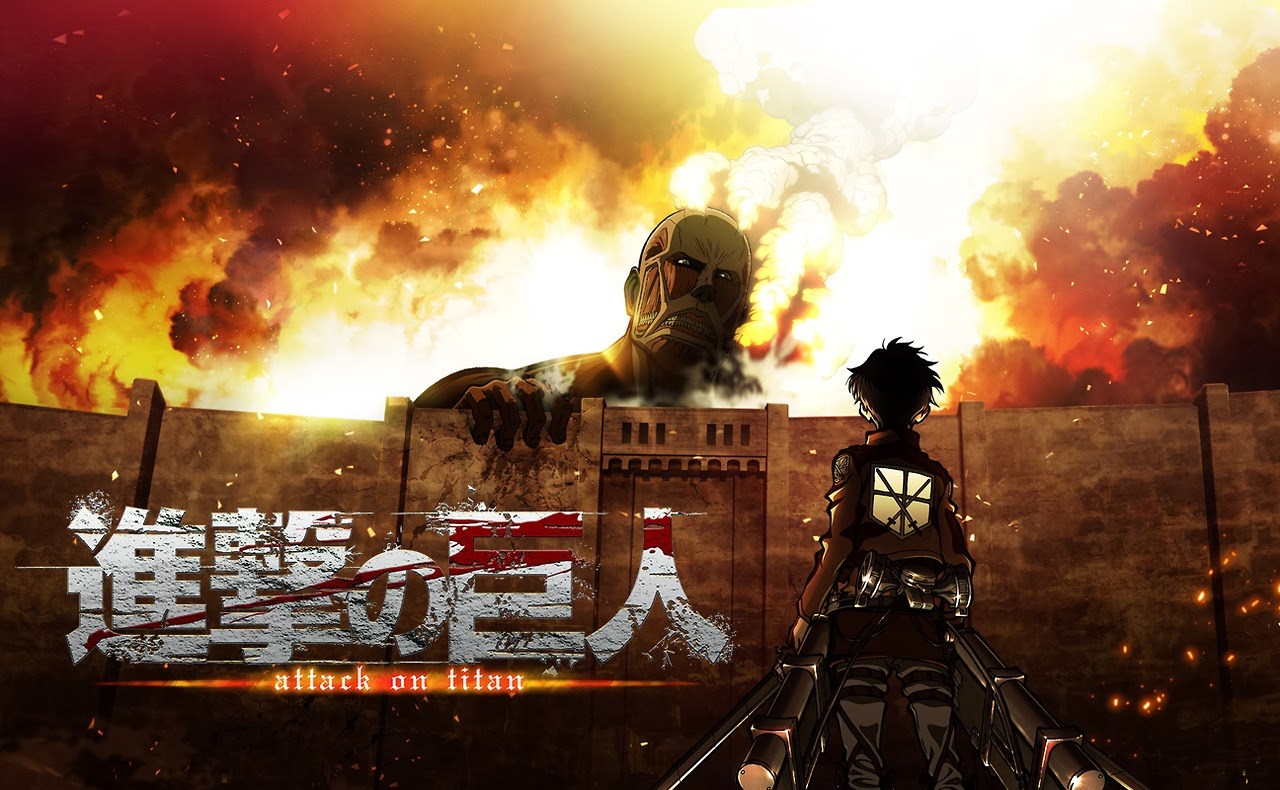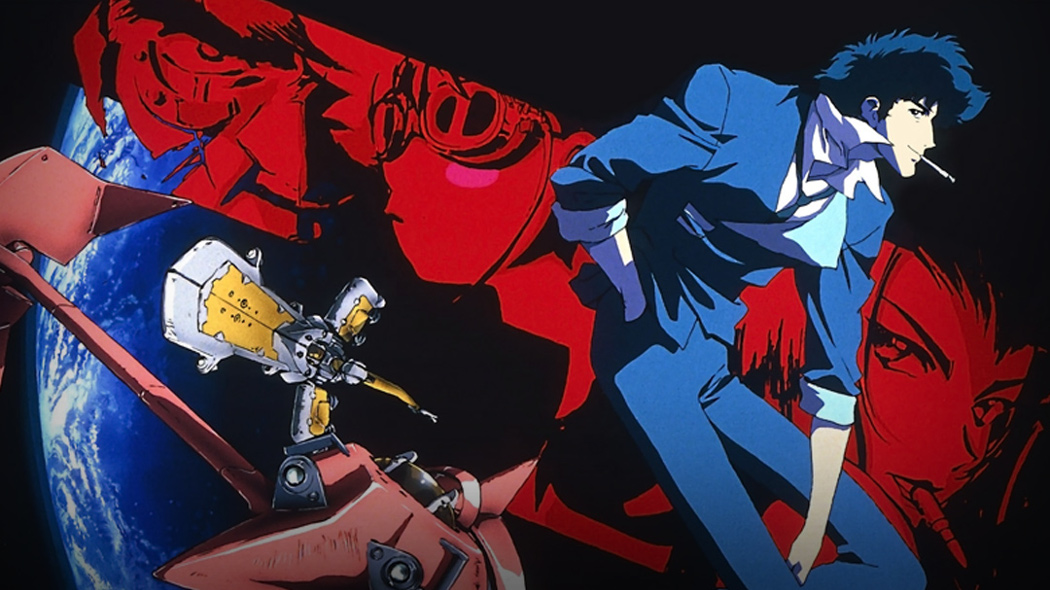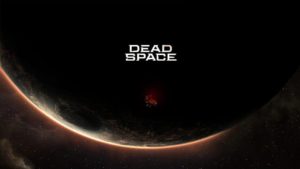
Anime gets a bad rap, and sometimes deservedly so. The medium is largely insular, with specific tropes perpetuating themselves through the imitation of other anime. According to a translation of an interview with the Japanese website the Golden Times, the acclaimed director of Studio Ghibli Hayao Miyazaki said “Almost all Japanese animation is produced with hardly any basis taken from observing real people, you know?”. Here Miyazaki is referencing the fact that the generation of otaku that followed him have largely based their storytelling on other works in their limited sphere, rather than on lived experiences or actual human conflict. The effect is that certain genres become popular in the medium, and then get replicated repeatedly until they reach an inflection point where parodying those tropes becomes the norm. This combined with the brutal market realities of producing animation on a televised scheduled means that for financial reasons, a large percentage of series that come out during any given season are aimed at a guaranteed, but niche group of people that make that genre’s core fanbase.
However, in spite of these business influences and otaku pandering, the fact remains that many of the most talented animators and storytellers contribute to this medium. The manga industry in Japan thrives, with a plethora of long form and short form comics getting published by creators, making for an equally bountiful crop of fleshed out stories to adapt. While there are few studios that can do no wrong, many have well established directors, writers, and connections with animators who are able to to bring these stories to life, at times even improving on the source material they adapt. And then of course there are also a few original works, usually the brainchild of a seasoned show runner. With over one hundred new shows or new seasons being pumped out each year, even a small percentage of them being worthwhile means that there is an abundance of promising new material constantly being released, and a daunting backlog from decades of anime production.
But even with an abundance of intriguing content, the stylistic trappings of anime can be exceedingly off-putting at first. Between cultural references that get lost in translation, irritating cliches that demonstrate a complete break from actual human behavior, and certain deviations in tonal norms from western entertainment, there is a sizable barrier to entry. For this reason, I think that many people need to be eased into the medium with shows that demonstrate its strengths. For western viewers it also helps if their introductory series is heavily influenced by or is meant to emulate stories outside of anime, specifically western television. With that in mind I have created a short list of shows which bridge the gap between the outside world and the land of Japanimation. Let’s run it down.
Psycho Pass

What if there was a society that was completely devoid of crime? While that seems woefully idealistic, it is the setup of the Faustian bargain at the heart of Gen Urubochi’s Psycho Pass. Taking place in a futuristic Japan, the federal government has managed to create a system to persecute criminals before they carry out their crimes. Through a complicated artificial intelligence, the police officers of this city are able to identify potential threats by their Psycho Pass, a metric which gauges the likelihood an individual will commit a violent act. The plot follows two law enforcement officers, Akane Tsunemoei and Shinya Kogami, as they find themselves at the crux of the frequent moral dilemmas that this system creates. Akane is a new recruit with a sterling record who is partnered with Shinya, an ex-cop whose muddy Psycho Pass demoted him to the role of Enforcer, individuals who must slavishly serve the police force or become incarcerated.
While it certainly bears influence from cyberpunk fiction such as Blade Runner, specifically in its conceit of cops caught up in a morally ambiguous conflict, the scripts’ main concern is with the concepts of utilitarianism. Essentially, the central question is whether or not the great cost to these people’s humanity is worth the absence of crime. But this question isn’t just explored in rote philosophical terms. Through Akane and Kogami’s various cases we come into contact with individuals who have been twisted into deviants by this mechanical culture, pushed aside and radicalized by their inability cleanly fit in. The ultimate villain is a classic example of an antagonist whose ideology is largely justified, a mysterious figure who aims to restore humankind’s soul. In short, Psycho Pass has it all, large scale statements regarding the morality of this societal construct, characters that ground this debate through their own viewpoints, and exciting arcs in which our protagonists chase down criminals that betray the ugly implications of this system. Despite some some production problems in its second half, the near future design of much of this world are quite distinctive. In addition to being very, very good, it is also well suited as an introductory show due to its crime and dystopian trapping which will be familiar for many western audiences.
*PSA: Do not watch Season 2. It was largely made by a different staff and has widely been regarded as terrible. The original season ties together the story in a satisfying fashion.
Attack on Titan

When the adaptation for Attack on Titan first premiered back in 2013 it was a worldwide blockbuster success that hooked droves of new fans on the medium. Its dire premise of a post-apocalyptic Earth inhabited by giant humanoid cannibals made for an interesting mix of survival story, hot blooded action spectacle, and military drama. The story follows Eren Jeager, a new recruit in the Scout regiment, the front-line troops in humanity’s war against the Titans. The remnants of the human race huddle behind the walls of a vast city, the hundreds of meter of stone and mortar offering their final line of defense. As Eren and his friends fight against the Titans in desperate battles for survival, their enthusiasm and militaristic zeal melts away as they are exposed to the horrors of their circumstances.
Attack on Titan has such worldwide appeal because it evokes deep emotions of dread that are cross cultural. The threat of the overpowering and indomitable Titans is conveyed through the horrible violence that they enact upon the last vestiges of humanity. It routinely shatters the power fantasy elements that drive many of these action-oriented types of battle-shonen stories, instead honing in on the primal fear of becoming prey. And for many western viewers, its abandonment of many anime cliches, and its faux-feudal European setting also contribute towards it being more approachable for first time watchers. I’ll admit that in the first seasons, the stakes are endlessly raised in a fashion that can be somewhat numbing, especially when paired with the general lack of context for this world. The core cast’s motivations are exceedingly simplistic at first, with bottomless revenge and unconditional devotion driving our protagonists in ways that come across as melodramatic. But as the series has continued, its characters have matured immensely, offering much more sympathetic and multifacted figures to root for. It has also managed to maintain a balance between dire and triumphant tones, while also offering some much needed empathy for its cast amongst all the blood shed. The first half of Season 3 has even re-contextualized many of the series’ previously explored ideas, and it is a rare example of a story that feels like it has become much better over the course of its run.
Cowboy Bebop

There’s cool and then there’s Shinichiro Watanabe’s seminal Cowboy Bebop, an effortlessly stylish mishmash of neo-noir, westerns, and science fiction that liberally borrows from American culture and film. It stars Spike Spiegel and his motley crew of bounty hunters as they sift through an endless array of jobs while constantly looking for the big score that will turn their fortunes around. Watanabe is known for his affinity for western storytelling in all of his works, but Bebop is his masterpiece, a pastiche that seamlessly blends its many influences into a cohesive whole. While its largely episodic nature may deter some modern viewers who are more accustomed with serialized dramatic entertainment, it weaves its themes through its disparate episodes, binding its one-offs into this story about broken people. At its core, it is about those who are unable to escape their pasts, and how they choose to reconcile with their unfulfilled dreams and many debts.
The jazzy soundtrack perfectly accompanies its wistful reminiscing, the dreary rain beating down on dilapidated city streets, accompanying this bleak vision of the future. Jazz encapsulates the soul of this thing, from the hard bop of the Bruce Lee inspired fist fights, to the melancholic squeal of a sax as things fall apart as they always do. Its episodes can play as different genres, some explore the synthesis of science and religion, others play as cop procedurals, and some are largely comedic in tone. Although Miyazaki’s statements about his industry ring true some of the time, Bebop completely bucks these trends. It may borrow liberally from both other works of anime and film, it never feels completely beholden to cliches, creating its own unique aesthetic. Whether you’re just getting into anime, or a long time fan, Cowboy Bebop is on of those few must watch-shows.
*PSA: Bebop has a really good dub for those that view subtitles as barrier to entry
Other Quick Recommendations

Full Metal Alchemist: Brotherhood is another fantastic battle-shonen, that missed the main list only due to its reliance on tropes and humor that is heavily based on its peers. It’s a globe trotting adventure that blends an expansive power system with ruminations on mortality. The dub is also pretty. Another Watanabe show that is a good introduction to the medium is Samurai Champloo, a similarly stylish tale about two ronin who are tasked with escorting a girl to the “man who smells of sunflowers”. Its an anachronistic Chanbara with iconic fight sequences, a likable cast, and another legendary soundtrack. I would be remiss to not mention the popular One Punch Man,a superhero parody that pokes fun at the popular battle-shonens that even non-anime fans are likely to be at least familiar with in passing (Dragon Ball Z, Naruto, etc). It’s routinely funny, exceedingly relevant due to the popularity of superhero fiction, and is the result of a team of all-star animators that Madhouse managed to assemble. Overall its a little glib, but a very fun ride.
Once again, this isn’t meant to be some sort of exhaustive list of the “best” shows, but is instead supposed to be something of a primer. After all many people outside of Japan gravitate towards anime because of the medium’s differences from other forms of television. Long running battle shonens like Hunter x Hunter, or the equally masterful sketch comedy Nichijou are thoroughly ingrained in the storytelling practices and humor of Japan, but they are all the better for it. The previously mentioned series are meant to break through the somewhat impenetrable wall of deeply ingrained cliches that can be daunting to first time viewers. From the tone shifts, to tsunderes, to giant robots, to Gainax poses, to power levels, to no good fan service, to students abruptly taking sharp turns and bumping into their crush while toast flies out of their hand, anime is rife with a billion little repeated memes that mostly become palatable with exposure. And while in all honesty there is a reasonable amount of nonsense to wade through, that’s really true for all fiction in general. The simple fact of that matter is that if you are a fan of traditional animation, a medium which seems to largely be disappearing in favor of 3D computer animation, there is simply no other region of the world in which traditional animation has such prevalence. Traditional animation is able to convey ideas in singular ways through its visuals, it allows for cinematography that would be impossible in any other medium, and it allows storytellers to push the bounds of fiction without the inevitable disconnect that comes from bringing the fantastic to live action. While I wish that some of its cliches didn’t exist, and I find myself thoroughly exhausted by some of its most popular genres (isekai *cough cough*), I truly believe that many would find things that they enjoy if they gave it more of a chance.
If all of that seems a little intimidating, or the options aren’t really vibing with you, then there are some great resources out there to help you dip your toe in the water. This quiz in particular, courtesy of our friends at Brainfall.com, aims to find your perfect anime match, so head over there and give it a try!






